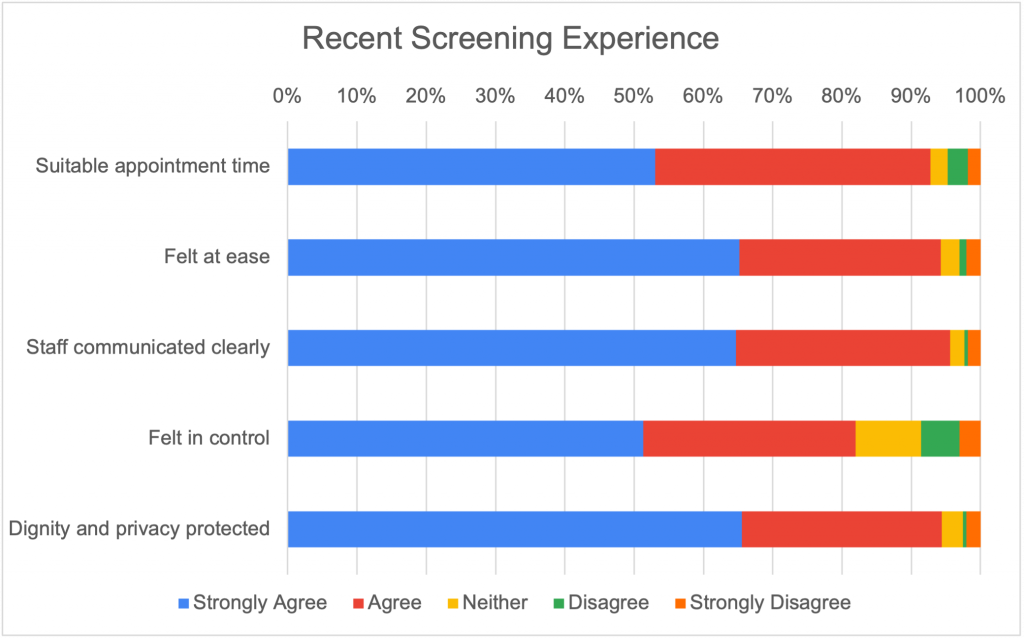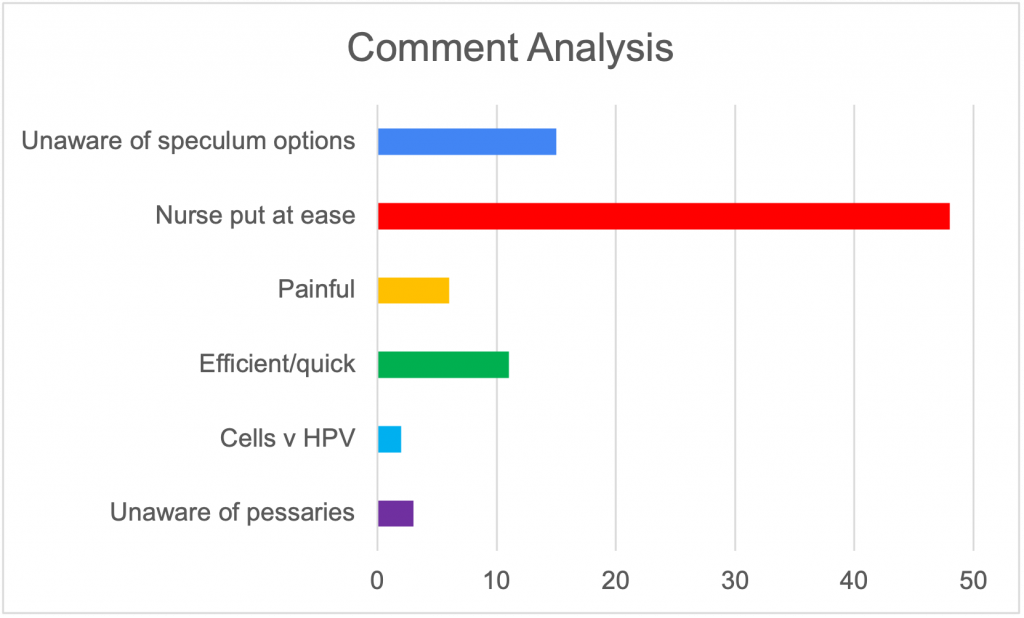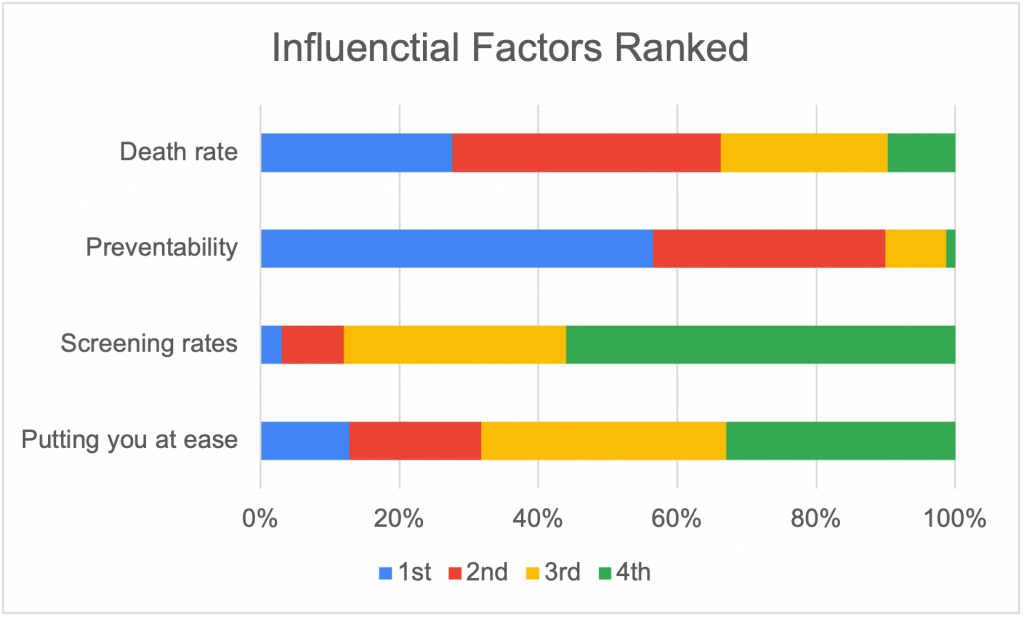What you told us about cervical screening
Last month, we asked patients to share their experiences and views on cervical screening.
In cervical screening awareness week – we would like to share what you told us and how we plan to use this valuable insight to boost uptake of cervical screening.
The Project
This was a joint project, with all nine practices in the North Gosforth and Jesmond Lower Gosforth primary care networks working together.
One of our key aims is to address health inequalities. This first project was designed to understand people’s views and experiences of cervical screening against a backdrop of falling screening rates in recent years.
Capturing your views
Between 25th May and 13th June, more than 600 people responded by completing an online survey sent to groups of patients by text message and promoted on practice websites and social media.
We are incredibly grateful to everyone who took the time to share their thoughts on this crucial, life-saving issue.
What you told us
The insight you have given us has been fascinating and incredibly useful to read and will help us shape and improve our approach to cervical screening in the future.
These were the key things you told us:
- Embarrassment, anxiety and worry about the procedure being painful were some of the top reasons for not attending screenings.
- You wanted more and better information about the changes to testing for HPV first, rather than looking at cells and for people who do not have sex with men.

- Most of you said the staff carrying out the appointments put you at ease, communicated clearly with you and prioritised your dignity and privacy.
- However, some of you were unaware of the adjustments you could ask for – different speculum sizes, for instance.

- Anecdotally, several people said the appointment and procedure were quicker and easier than they expected.
- Two-thirds of you were surprised to learn that peopled aged 30-34 had the highest incidence of cervical cancer.
- The number of people who die of cervical cancer – around 850 in the UK every year – was higher than you expected.
- More than half of the respondents were surprised to learn that nearly all cases of cervical cancer – 99.8% – were preventable and that this should be the central message of future communications.
- You wanted future campaigns about cervical cancer to be factual and statistically driven, augmented with first-hand stories from nurses and patients.

Next steps
There are two immediate next steps for this project.
The first is to shape some new communications based on what you have told us. A vital part of that will be gathering some patients’ first-hand stories.
If you would be happy to contribute a quote or testimonial or even record a short video clip about your experience, please get in touch using the form at this link.
You will, of course, have the option to be quoted anonymously.
The second step is to look at new processes and measures we can implement to make the decision to attend a screening easier for everyone.
One example would be introducing calls to people in advance of screenings. The aim would be to put people at ease, talking through what to expect and what adjustments are available.
Another would be to create additional information explicitly aimed at people who are either not sexually active, members of the LGBTQ+ community, and people who don’t have sex with men, addressing their risk factors.
Thank you and keeping in touch
We want to thank again the more than 600 people who took the time to be part of this project. It is hugely appreciated.
If you would like to stay in touch with us about our cervical screening project or similar projects we will be running in the future to tackle health inequalities, then sign up to our mailing list. We will only use this list to contact you about the campaigns in which you have expressed an interest. We won’t spam you or sell your information, and you can unsubscribe at any time.
